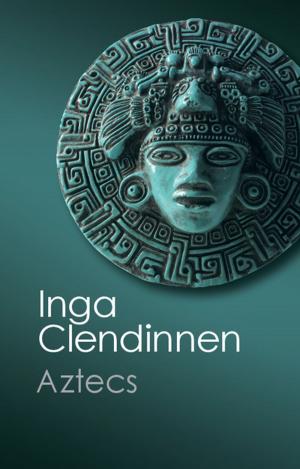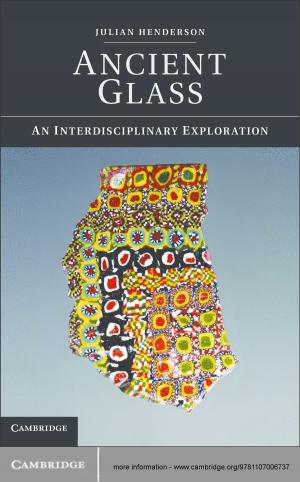The Forgotten Kin
Aunts and Uncles
Nonfiction, Health & Well Being, Psychology, Developmental Psychology, Social & Cultural Studies, Social Science| Author: | Robert M. Milardo, PhD | ISBN: | 9780511700620 |
| Publisher: | Cambridge University Press | Publication: | November 30, 2009 |
| Imprint: | Cambridge University Press | Language: | English |
| Author: | Robert M. Milardo, PhD |
| ISBN: | 9780511700620 |
| Publisher: | Cambridge University Press |
| Publication: | November 30, 2009 |
| Imprint: | Cambridge University Press |
| Language: | English |
Although much is written about contemporary families, the focus is typically limited to marriage and parenting. In this path-breaking assessment of families sociologist Robert M. Milardo demonstrates how aunts and uncles contribute to the daily lives of parents and their children. Aunts and uncles complement the work of parents, sometimes act as second parents, and sometimes form entirely unique brands of intimacy grounded in a lifetime of shared experiences. The Forgotten Kin explores how aunts and uncles support parents, buffer the relationships of parents and children, act as family historians, and develop lifelong friendships with parents and their children. The book details the routine activities of aunts and uncles, the features of families that encourage closeness, how aunts and uncles go about mentoring nieces and nephews, and how adults are mentored by the very children for whom they are responsible. This book aims to change the public discourse on families and the involvement of the forgotten kin across generations and households.
Although much is written about contemporary families, the focus is typically limited to marriage and parenting. In this path-breaking assessment of families sociologist Robert M. Milardo demonstrates how aunts and uncles contribute to the daily lives of parents and their children. Aunts and uncles complement the work of parents, sometimes act as second parents, and sometimes form entirely unique brands of intimacy grounded in a lifetime of shared experiences. The Forgotten Kin explores how aunts and uncles support parents, buffer the relationships of parents and children, act as family historians, and develop lifelong friendships with parents and their children. The book details the routine activities of aunts and uncles, the features of families that encourage closeness, how aunts and uncles go about mentoring nieces and nephews, and how adults are mentored by the very children for whom they are responsible. This book aims to change the public discourse on families and the involvement of the forgotten kin across generations and households.















